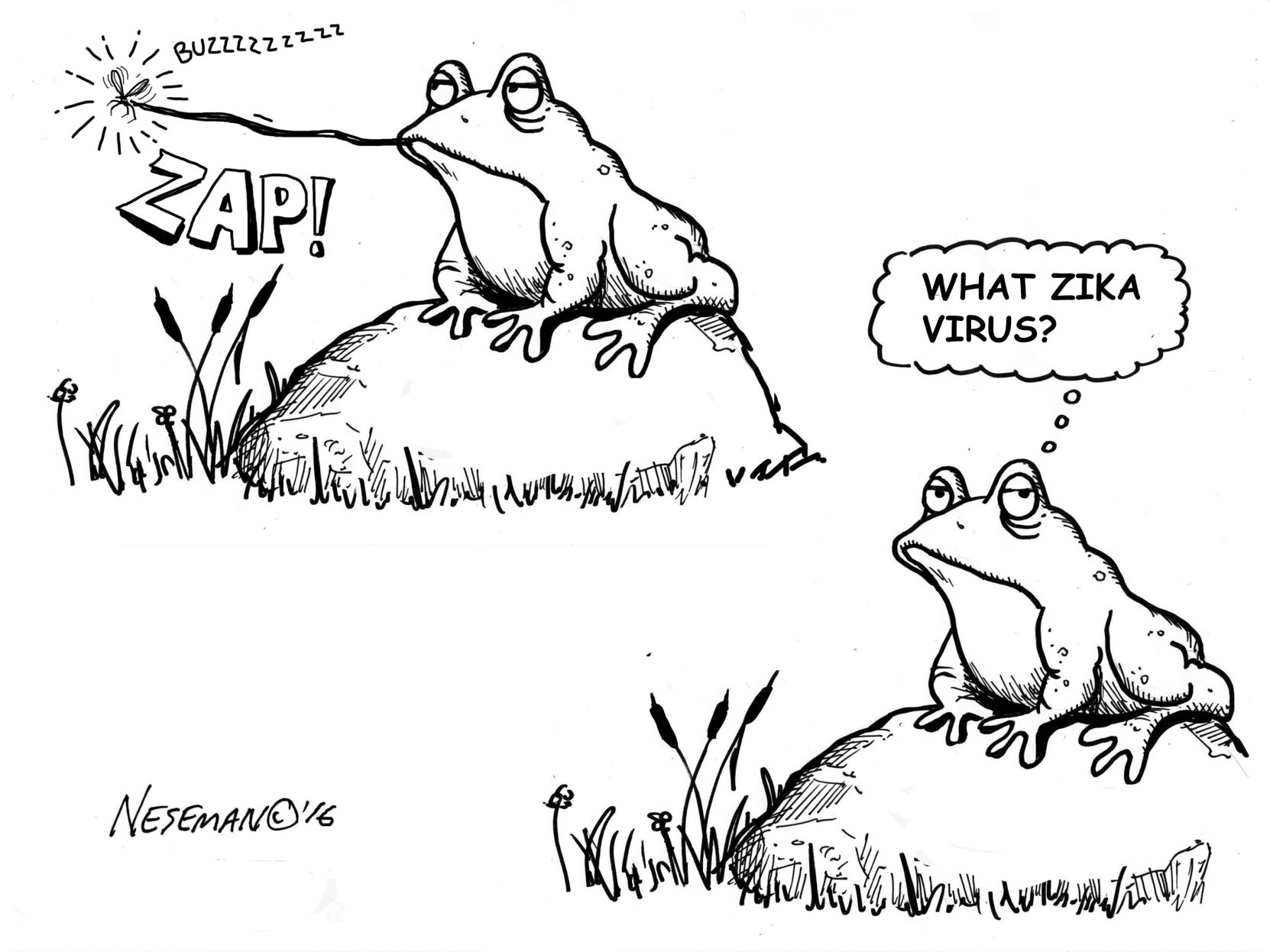The Town of North Hempstead has now joined a long list of North Shore municipalities seeking to protect the public from indoor smoking establishments such as vape shops and hookah bars.
In the name of public safety, the Town Board recently introduced legislation aimed at keeping the establishments at least 500 feet from a residential property or home and at least 1,000 feet from any school, place of worship, park, playground or playing field, library or hospital.
“The businesses won’t be banned because we really can’t ban the business, but we will be regulating where they will be located,” Town Councilwoman Dina De Giorgio explained. “And they won’t be located in close proximity to schools, churches, playgrounds, places where children congregate.”
The question remains why.
Are hookah bar and vape shop customers that much less savory than those who frequent bars and other establishments?
If so, perhaps they should be located near churches and other religious institutions to increase the chance that someone will minister to the needs of their sinful customers.
We’d like to think that the association of hookahs and the Middle East has nothing to do with the legislation.
But given the tenor of the current presidential campaign, it would be foolish to rule that out.
It certainly can’t be the products they offer.
Hookahs — water pipes that are used to smoke specially made tobacco — do carry serious health risks.
But the risk is no different than cigarettes to which 40 million Americans are addicted with an increasingly large percentage of users poor and uneducated.
Smoking is also the largest cause of preventable death in the United States with more than 480,000 people a year dying of smoking-related illnesses.
But like alcohol — another major source of preventable deaths — it is legal.
Vape shops, which are often lumped in with hookahs bars, use a different technology that delivers the nicotine found in cigarettes without the harmful tar and chemicals that cause cancer.
The Royal College of Physicians recently concluded that the e-cigarettes used by vape shops offer the best hope in a generation for people addicted to cigarettes.
This is not a universally shared conclusion.
The federal Centers for Disease Control and Prevention maintain that e-cigarettes could be a gateway to that serious health hazard known as traditional cigarettes or that their vapor could turn out to have long-term health risks.
But even if that is true, why subject hookah bars and vape shops to regulation and not places that sell cigarettes and alcohol. Or for that matter fast food and soda.
Given the high rate of obesity and Type 2 diabetes in this country, you certainly could make the argument that our elected officials could do more to improve the public’s health by banning soda from near our schools than vape shops or hookah bars. We’re not even discussing the easy access in too many homes to pharmaceuticals containing opioids.
If legislators want to play nanny, why stop with vape shops?
Why not restrict places that sell alcohol, cigarettes and processed foods. And after they get done with them, they could begin addressing bad boyfriends and other things that go wrong in our lives.
Legendary Baltimore Sun columnist H.L. Mencken once defined Puritanism as “the haunting fear that someone, somewhere is having a good time.”
Imagine if he met North Shore legislators.
At a time when states across the country have begun legalizing marijuana use — and reaping the economic benefit — it is hard to believe that local legislators are aiming their fire at vape shops.



